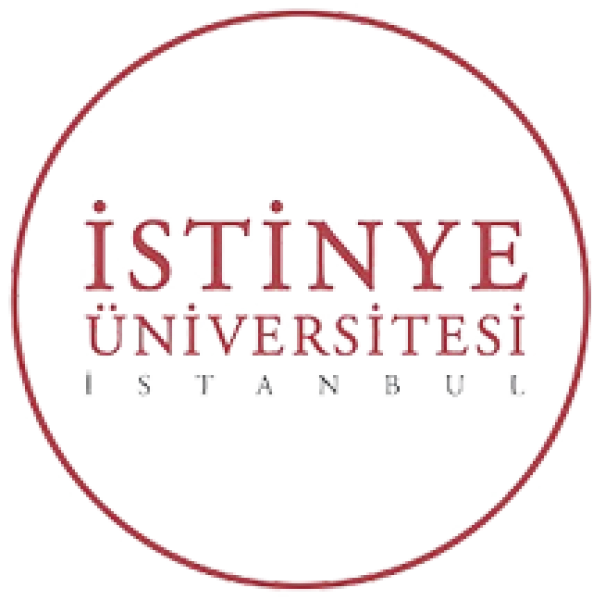College: Graduate School of Health Sciences
This interdisciplinary major focuses on the biological principles of cancer and pharmacological approaches to its treatment. Students explore key areas such as cancer cell biology, molecular oncology, cancer genomics, pharmacology, drug development, and clinical trials. The program emphasizes laboratory techniques, research methodologies, and understanding clinical applications. Graduates are prepared for careers in cancer research, drug development, clinical trials, and related fields.
Learning Objectives:
- Understand the basics of cancer biology and pharmacology.
- Develop skills in molecular oncology, cancer genomics, and drug development.
- Learn techniques to study cancer mechanisms and develop targeted therapies.
- Explore the principles of pharmacology and drug development in oncology.
- Understand the role of clinical trials and translational research in cancer treatment.
- Analyze challenges and opportunities in cancer research and treatment.
- Develop teamwork and problem-solving skills for research projects and initiatives.
Main Outline:
- Introduction to Cancer Biology and Pharmacology
- Overview of cancer biology, molecular oncology, and pharmacological therapies.
- Basics of cancer initiation, progression, and metastasis.
- Cancer Cell Biology
- Principles of cancer cell biology, including cellular and molecular changes in cancer cells.
- Techniques for studying cancer cell biology and tumor microenvironment.
- Molecular Oncology
- Basics of molecular oncology, including genomic and gene expression changes in cancer.
- Genomic analysis, sequencing techniques, and bioinformatics.
- Cancer Genomics
- Principles of cancer genomics and its applications in personalized medicine.
- Genomic analysis techniques and data interpretation.
- Cancer Pharmacology
- Basics of cancer pharmacology, including drug targets, mechanisms of action, and resistance.
- Techniques for developing and testing anti-cancer drugs.
- Drug Development in Oncology
- Principles of drug development, including target identification, outcome optimization, and clinical testing.
- Techniques for using computational methods and molecular modeling in drug discovery.
- Clinical Trials and Translational Research
- Principles of clinical trials and translational research in oncology.
- Techniques for designing, conducting, and analyzing clinical trials.
- Research Methods in Cancer Biology and Pharmacology
- Principles of research methods, including experimental design, data collection, and analysis.
- Techniques for conducting and evaluating cancer research.
- Practical Training in Cancer Biology and Pharmacology
- Real-world laboratory and research experiences, including observations, internships, and practical projects.
- Techniques to apply acquired skills in practical research environments.
- Capstone Project in Cancer Biology and Pharmacology
- Comprehensive project to apply skills in cancer research, drug development, or clinical trials.
- Techniques to deliver refined and innovative research projects.
Assessment Methods:
- Cancer biology projects, molecular oncology analyses, cancer genomics research papers, pharmacology reports, drug development proposals, clinical trial designs, research methodology papers, practical training reports, capstone projects, group projects, internships.
Recommended Textbooks:
- "The Biology of Cancer" by Robert A. Weinberg.
- "Molecular Biology of Cancer: Mechanisms, Targets, and Therapeutics" by George Klein.
- "Cancer Genomics: From Bench to Bedside" by William Pao and Harold Varmus.
- "Pharmacology of Cancer" by Beverly A. Teicher.
- "Drug Discovery and Development: Principles and Applications" by G. Jagadeesh and Erickson.
Prerequisites:
Basic knowledge of biology, chemistry, and molecular biology. Suitable for students interested in cancer research, drug development, and clinical trials.
Course Duration:
Typically 4 years for a bachelor's degree, including coursework, projects, practical training, and internships. Advanced degrees may take additional years.
Certification:
Graduates may receive a degree in cancer biology and pharmacology and pursue further specialization or professional certifications in cancer research, drug development, or clinical trials.
Target Audience:
Aspiring cancer researchers, drug developers, clinical trial specialists, and professionals seeking specialization in cancer biology and pharmacology. This major equips students with the biological, pharmacological, and practical skills needed to excel in cancer biology and pharmacology, supporting advancement in cancer research and drug development and treatment.

